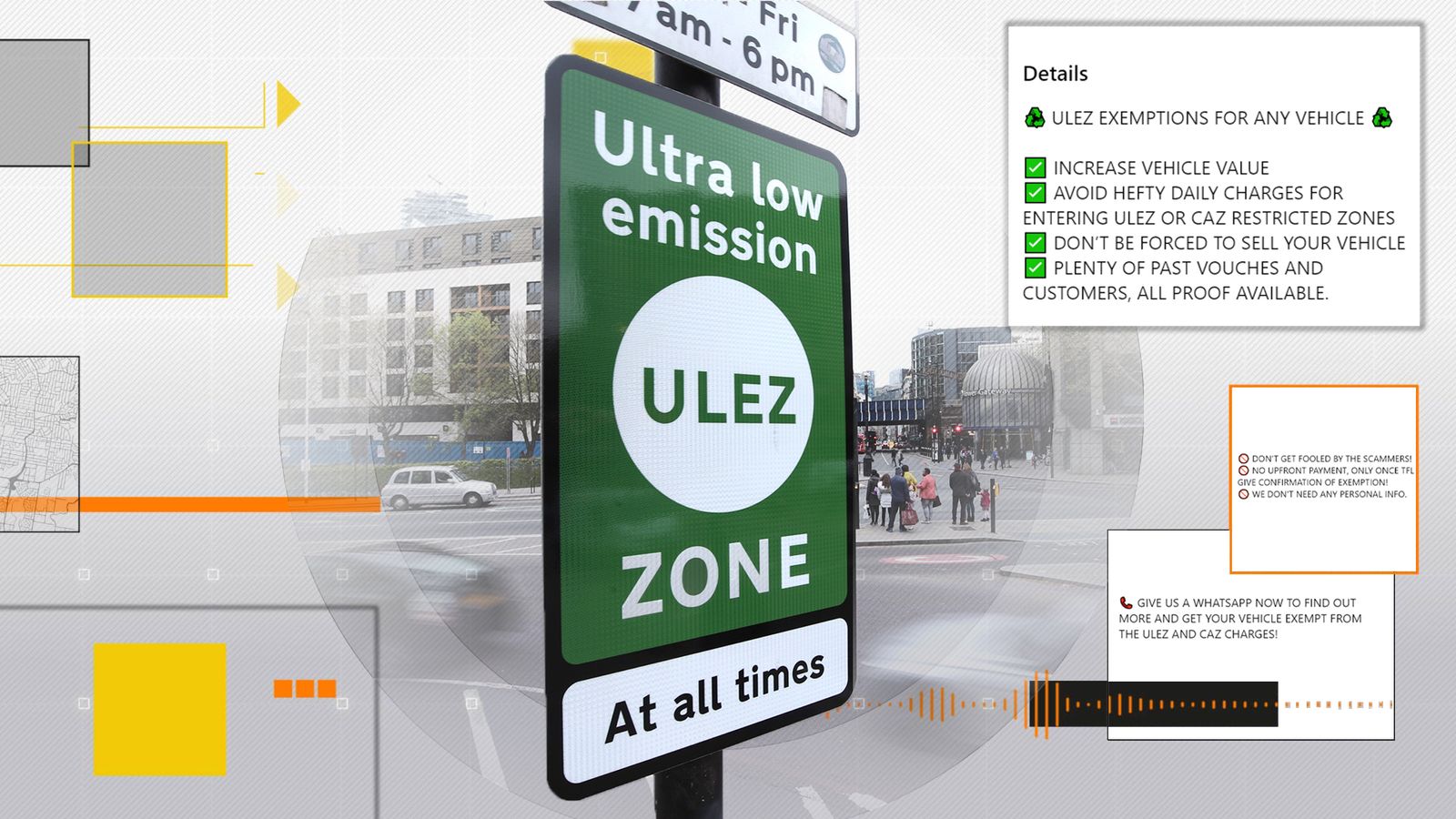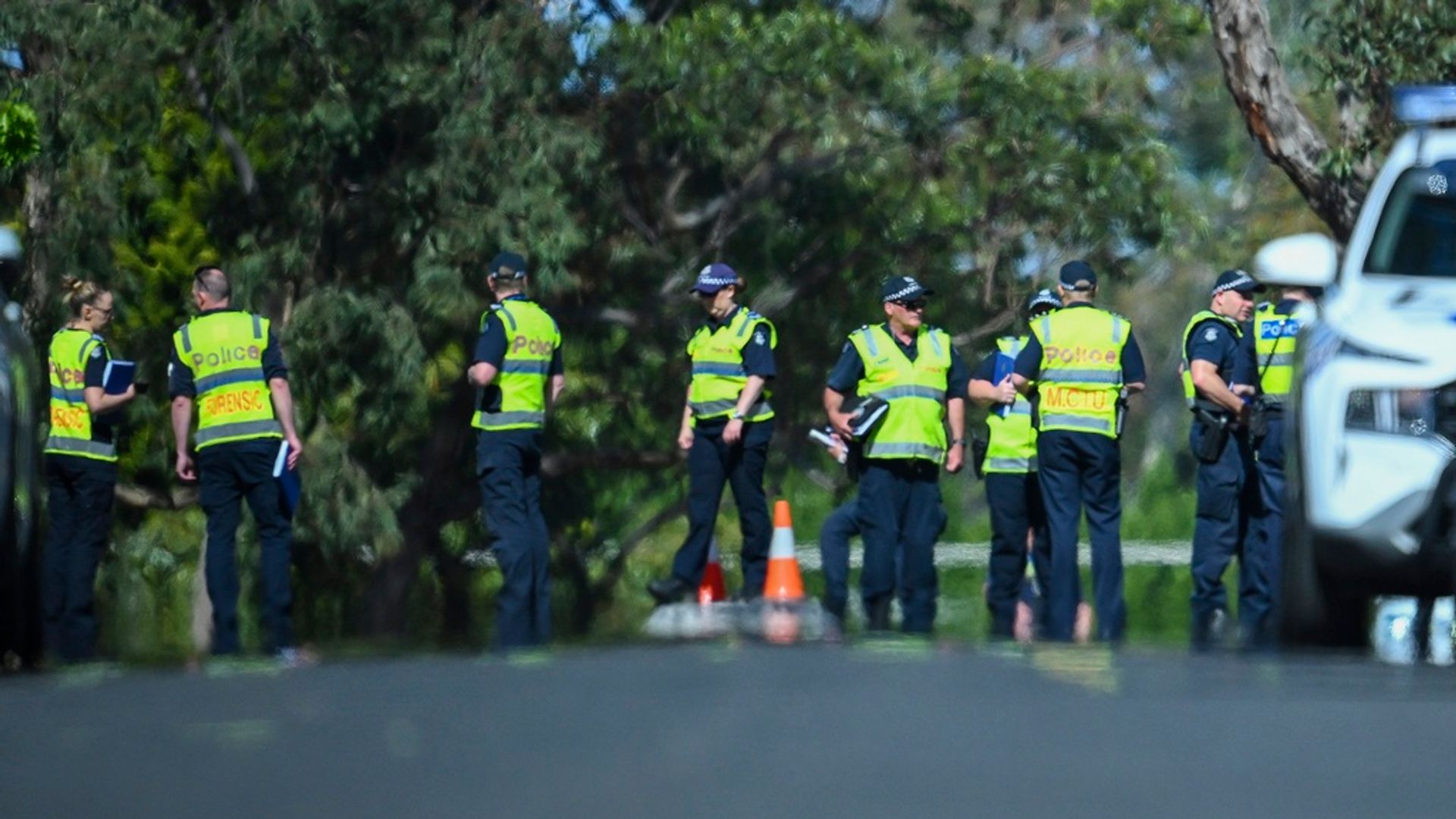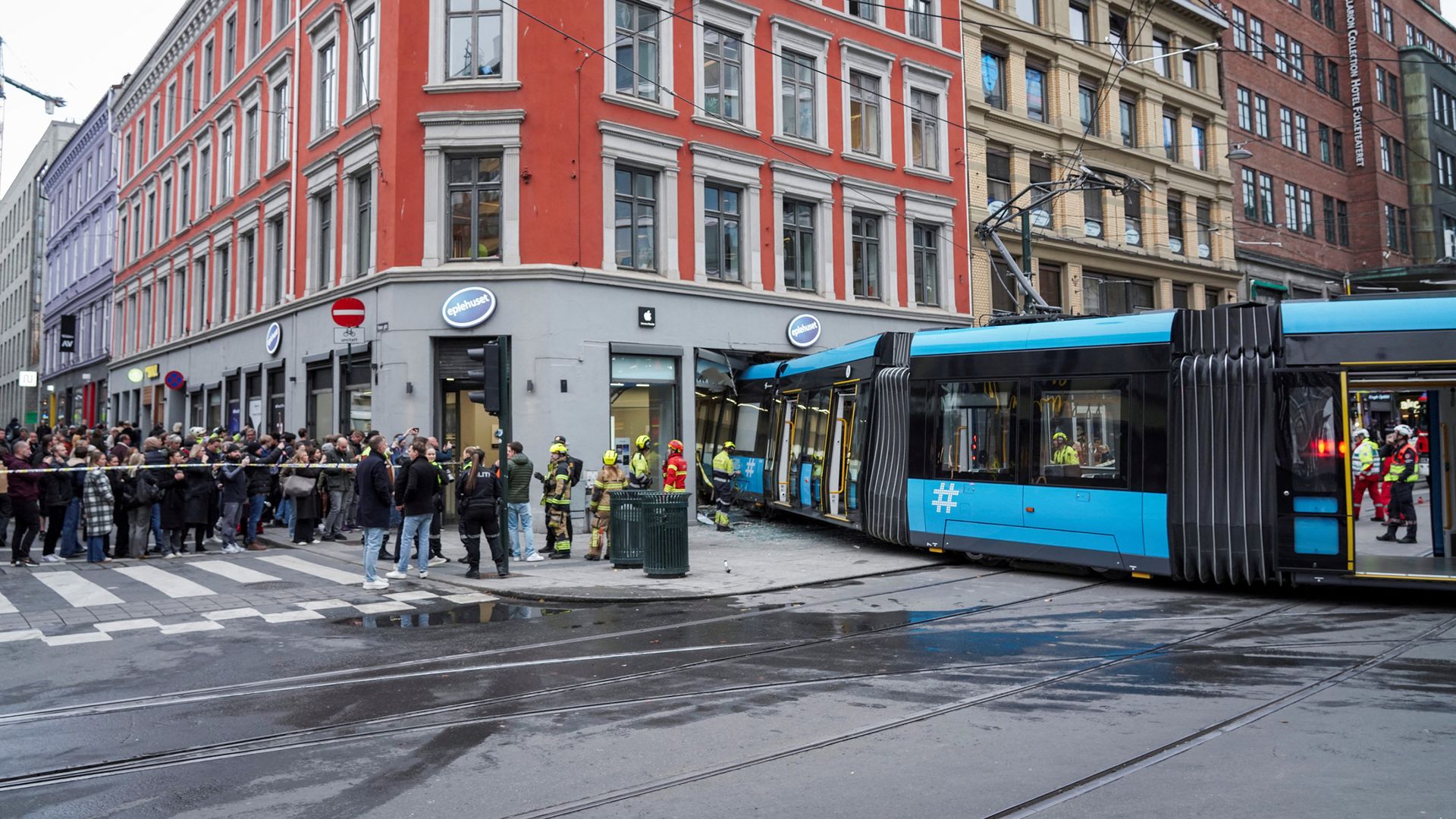Fraudsters selling counterfeit exemption certification for London’s newly extended ultra low emission zone are advertising widely on social media, Sky News has found.
Adverts on Facebook Marketplace, TikTok, Snapchat, Instagram and WhatsApp claim to be able to make vehicles “ULEZ exempt” in as little as 24 hours using nothing more than the vehicle’s logbook.
Transport for London (TfL) says it is aware of criminals attempting to submit applications and has already removed “many” that it suspects of being fraudulent.
The ULEZ was expanded to cover the whole of Greater London on Tuesday, meaning cars that do not meet the required emissions standards now need to pay £12.50 per day to drive in the capital city.
Generally, this means most petrol cars made before January 2006 and diesel cars made before September 2015 are now liable to pay the fee to drive in London. The only way drivers may avoid the payment while continuing to drive their non-compliant car is through upgrading the exhaust system or engine – which comes with a hefty price tag in the thousands.
However, the fraudsters uncovered by Sky News claim to be able to game the system to ensure even the most polluting car is registered as meeting ULEZ standards for a fee of up to £1,000.
One seller told Sky News they had successfully “processed” more than 100 vehicles using the method.
“We are working with the police to make sure the criminals face the consequences of their actions and are working closely with vehicle manufacturers to prevent fraudulent applications being successful,” a TfL spokesperson said.
Most of the listings relating to ULEZ exemptions on Facebook Marketplace are people selling used cars and vans where the seller has specified that the vehicle up for sale is exempt from the recently expanded ULEZ charges.
However, a short scroll reveals an altogether different type of listing also features in the search.
Sky News found five sellers on Facebook’s second-hand sales platform offering to get the status of vehicles previously deemed as non-compliant by TfL changed to say they meet emissions standards for prices ranging from £149 to £500.
A similar search on TikTok, Snapchat and Instagram reveals at least eight other similar profiles where the prices go up to £1,000 for larger vehicles.
Each account appears to offer broadly the same service – where a car’s status is changed in a matter of days using just a small amount of information provided by the buyer.
Many of the sellers also outline that payment is only taken once TfL have confirmed the exemption has been granted.
Sky News went undercover using a fake social media profile to establish further information about the shady schemes.
One seller said they had been “processing” cars for more than a year and had successfully registered more than 100 vehicles as ULEZ compliant. They said all that was required for the status change to be successful are pictures of the vehicle’s VC5 logbook as well as the name and address to send correspondence to.
As proof of the scheme’s viability, Sky News received the licence plate number of two vehicles that the seller claimed to have successfully registered as compliant.
Using the TfL vehicle checker, Sky News found that the vehicles provided were listed as non-compliant on Sunday but appeared registered as meeting emissions standards the following morning.
A further check of the licence plate using the public vehicle checker database shows both are diesel cars made before the September 2015 cut off date, meaning they fit the profile of a non-compliant vehicle.
Sky News was not able to verify whether either vehicle had been modified to meet emissions standards.
We found a similar outcome when we researched a licence plate number shared in an advert for these services posted by a TikTok user.
The vehicle was listed as a diesel car dating back to 2008 – therefore likely not meeting the ULEZ emissions standards. Like the others, however, it appeared as compliant with ULEZ on the TfL portal.
TfL says it is now investigating these instances after it was alerted to them by Sky News.
Most sellers were reluctant to reveal exactly how they could guarantee that the vehicles would be registered as ULEZ-compliant with TfL despite making no material alterations to the car.
However, one indicated to Sky News that counterfeit documents may be involved.
The seller told Sky News that they hold a certificate of conformity for the vehicle, which is sent to TFL before being processed by “an insider” to guarantee its success. They did not provide any evidence to support this claim.
TfL later confirmed to Sky News that they are investigating fraudulent activity relating to ULEZ exemptions.
“Drivers should not use the services advertised by these fraudsters as they will also be committing a criminal offence as well as wasting their money as their exemption will not stand,” a spokesperson for TfL said.
Other services claimed to be provided by some of the fraudsters include IDs, fake MOT certificates, speeding and red light ticket removal.
“These latest findings are really worrying as they indicate consumers could lose money and end up breaking the law themselves by trying to defraud TfL,” said Lisa Webb, Consumer Law expert at the consumer rights site Which?.
“Which? recently uncovered copycat websites that are ripping consumers off when they are trying to pay outstanding ULEZ charges, so opportunists are clearly out there trying to make a quick buck out of the ULEZ scheme.”
Both Meta, which owns Facebook, Instagram and WhatsApp, and Snapchat say they do not allow fraudulent activity on their platforms.
The Facebook and Instagram posts Sky News flagged in this article have now been taken down and the Snapchat accounts have been disabled.
TikTok did not respond to Sky News’ request for comment.
The Data and Forensics team is a multi-skilled unit dedicated to providing transparent journalism from Sky News. We gather, analyse and visualise data to tell data-driven stories. We combine traditional reporting skills with advanced analysis of satellite images, social media and other open source information. Through multimedia storytelling we aim to better explain the world while also showing how our journalism is done.












